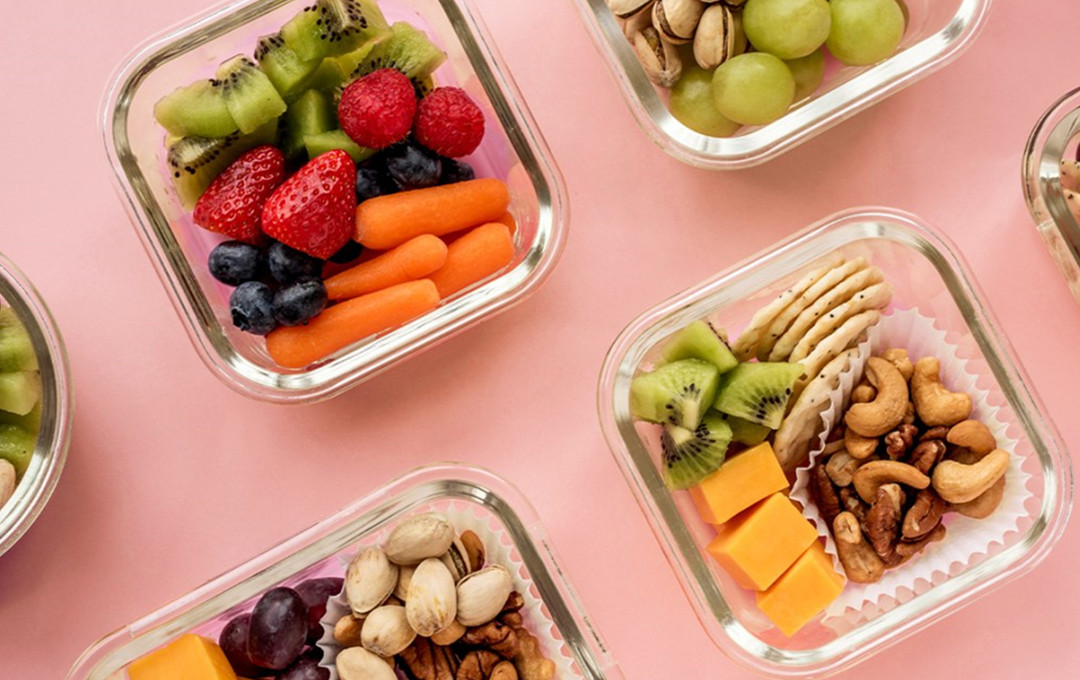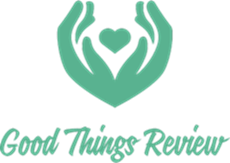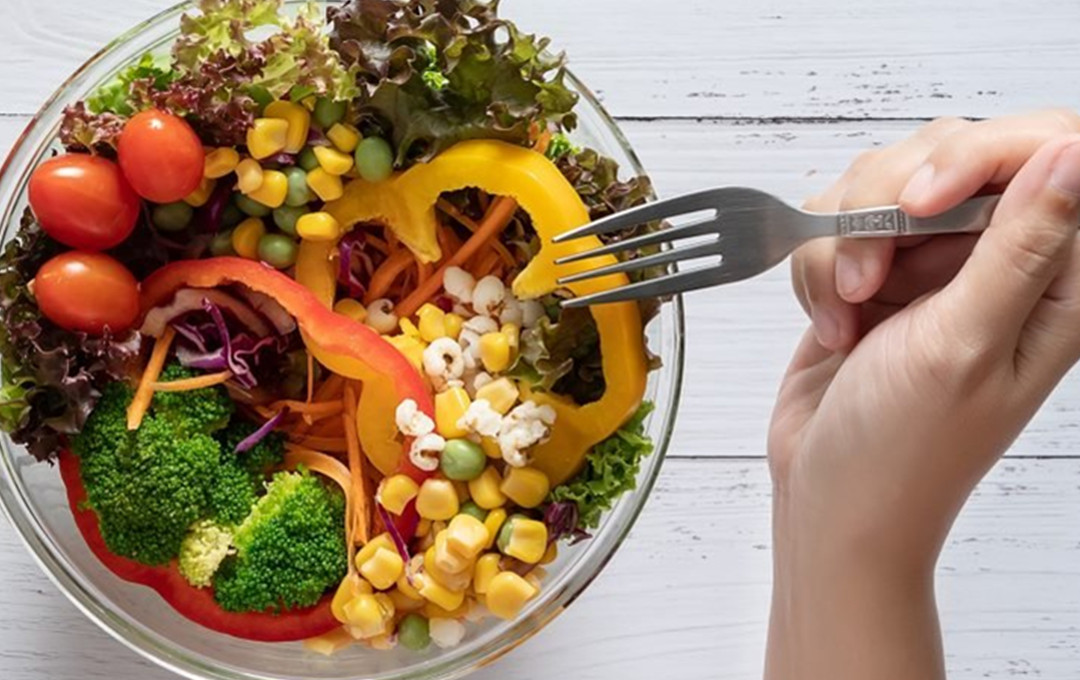Healthy eating guide: what is a healthy diet?
A healthy diet can be described as one that helps maintain or improve overall health. A healthy diet provides all the essential vitamins and nutrients you need to help your body function properly and prevent illness. It should not contain excess fat, sugar, salt, or calories from alcohol. Some healthy eating tips:
·Eat five portions of fruit and vegetables a day – including wholegrain varieties such as brown rice and wholemeal bread.
·Have other sources of protein such as lean meat, fish, eggs and pulses (dry beans and peas) at least three times a week.
·Eat with reduced fat and sugar e.g. use milk rather than cream in your tea, only spread a thin layer of butter or margarine on your bread etc.
·Drink plenty of water (about 6 to 8 glasses).
·Be more active each day – try to incorporate physical activity into your daily routine e.g. walking, cycling, etc.
 ·Eat smaller portions – try the following visual trick to help you do this … fill a small bowl with dried beans or pasta noodles to make it look full – then fill up a large plate with food from this same bowl so that it looks half-full.
·Choose soft drinks and fruit juice sparingly.
·Eat slowly and enjoy your food – do not eat when you are really stressed or feeling upset as this can lead to overeating.
Is a healthy diet important?
A healthy diet is an important part of keeping fit and well. Children who have a balanced diet will grow and develop healthily, while adults on a healthy diet are more likely to feel better, have more energy, and are less likely to become ill.
A healthy diet can help reduce the risk of developing heart disease and strokes, some cancers (such as bowel cancer), and type 2 diabetes.
·Eat smaller portions – try the following visual trick to help you do this … fill a small bowl with dried beans or pasta noodles to make it look full – then fill up a large plate with food from this same bowl so that it looks half-full.
·Choose soft drinks and fruit juice sparingly.
·Eat slowly and enjoy your food – do not eat when you are really stressed or feeling upset as this can lead to overeating.
Is a healthy diet important?
A healthy diet is an important part of keeping fit and well. Children who have a balanced diet will grow and develop healthily, while adults on a healthy diet are more likely to feel better, have more energy, and are less likely to become ill.
A healthy diet can help reduce the risk of developing heart disease and strokes, some cancers (such as bowel cancer), and type 2 diabetes.
 ·Eat smaller portions – try the following visual trick to help you do this … fill a small bowl with dried beans or pasta noodles to make it look full – then fill up a large plate with food from this same bowl so that it looks half-full.
·Choose soft drinks and fruit juice sparingly.
·Eat slowly and enjoy your food – do not eat when you are really stressed or feeling upset as this can lead to overeating.
Is a healthy diet important?
A healthy diet is an important part of keeping fit and well. Children who have a balanced diet will grow and develop healthily, while adults on a healthy diet are more likely to feel better, have more energy, and are less likely to become ill.
A healthy diet can help reduce the risk of developing heart disease and strokes, some cancers (such as bowel cancer), and type 2 diabetes.
·Eat smaller portions – try the following visual trick to help you do this … fill a small bowl with dried beans or pasta noodles to make it look full – then fill up a large plate with food from this same bowl so that it looks half-full.
·Choose soft drinks and fruit juice sparingly.
·Eat slowly and enjoy your food – do not eat when you are really stressed or feeling upset as this can lead to overeating.
Is a healthy diet important?
A healthy diet is an important part of keeping fit and well. Children who have a balanced diet will grow and develop healthily, while adults on a healthy diet are more likely to feel better, have more energy, and are less likely to become ill.
A healthy diet can help reduce the risk of developing heart disease and strokes, some cancers (such as bowel cancer), and type 2 diabetes. Hi~Living Deals from "Christopher Cloos"

